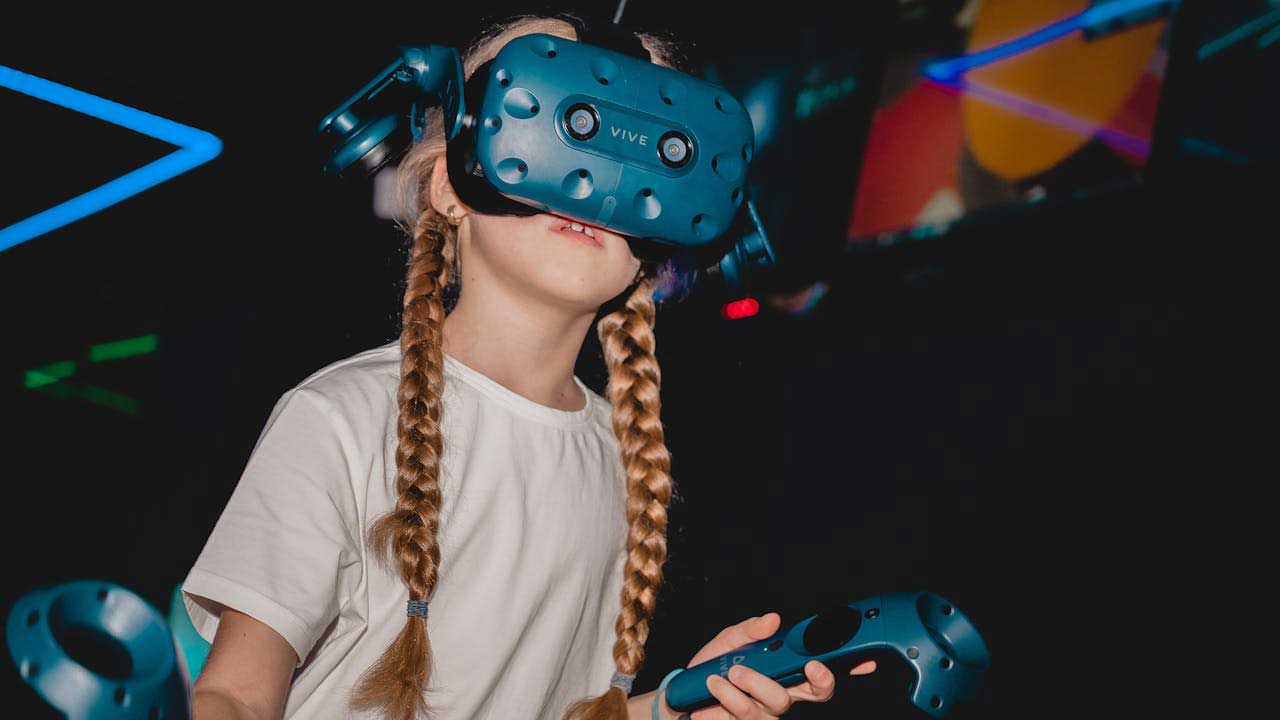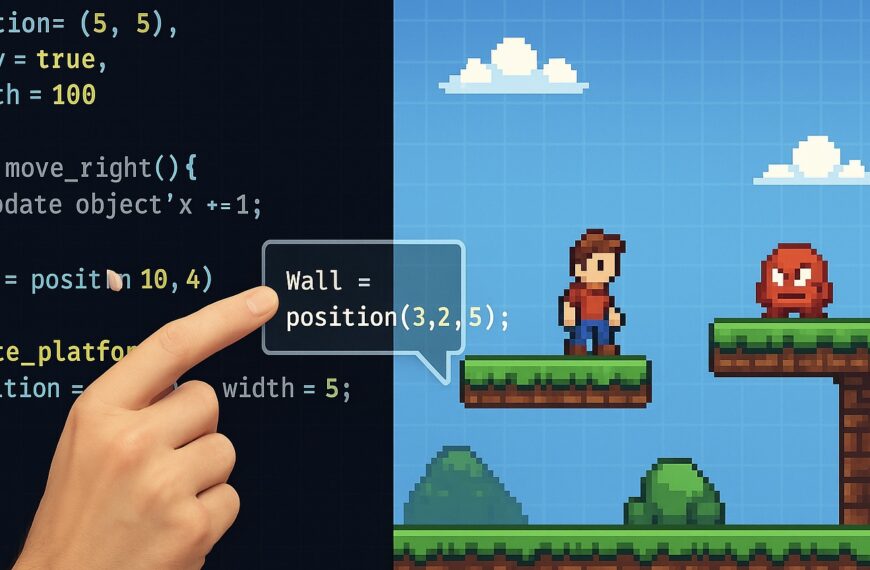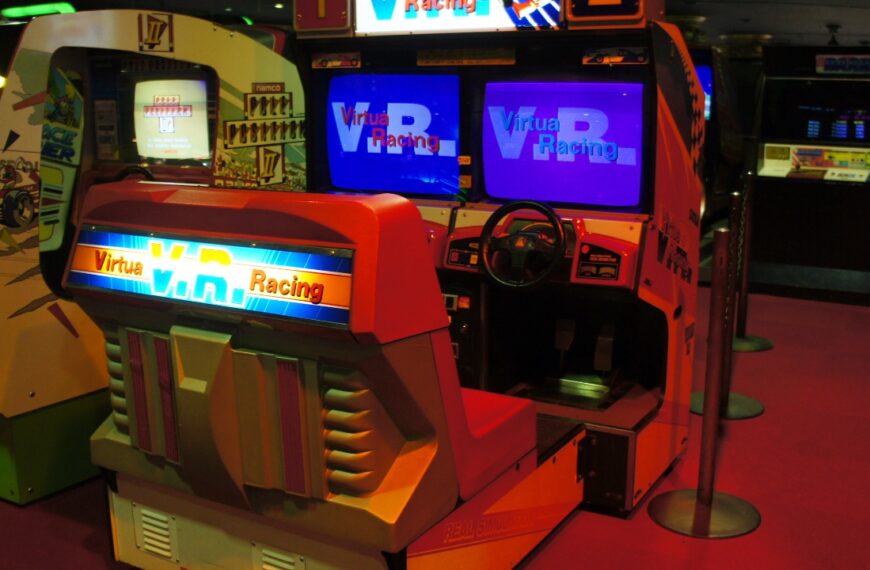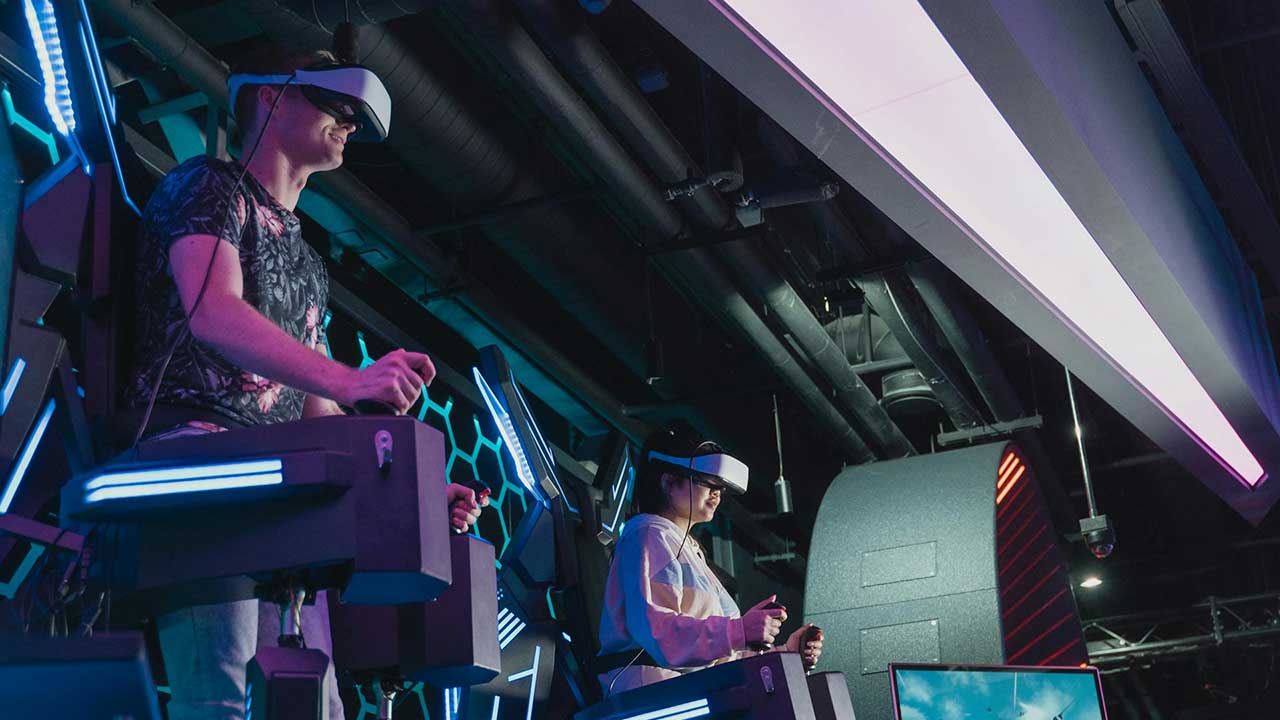Artificial intelligence is rapidly transforming the gaming landscape, ushering in an era where AI doesn’t just enhance gameplay—it directs it. From procedurally generated environments to dynamic storytelling, AI’s role in game development is expanding, offering unprecedented levels of immersion and personalization.
AI as the New Game Master

One of the most groundbreaking developments is the emergence of AI-driven game design. A prime example is Oasis, a game where every frame is generated by an AI model trained on Minecraft gameplay videos. This approach eliminates traditional game engines, allowing the AI to create a constantly evolving world that reacts to player inputs in real-time.
Similarly, Microsoft’s AI model, Muse, developed in collaboration with Ninja Theory, is designed to generate visuals and actions in video games. Muse aims to streamline the development process, reducing costs and time by enabling real-time content creation based on player behavior.
Dynamic Storytelling and Personalized Experiences

AI’s capabilities extend beyond visuals and mechanics. In the realm of storytelling, AI can craft narratives that adapt to individual player choices, creating unique experiences for each user. This dynamic storytelling is exemplified by games that utilize AI to adjust plotlines, character interactions, and world events based on player decisions, ensuring that no two playthroughs are the same.
Moreover, AI-driven tools are democratizing game development. Platforms like Lovable allow users to create games using natural language prompts, eliminating the need for coding knowledge. This accessibility empowers a broader range of creators to bring their visions to life.
Challenges and Ethical Considerations
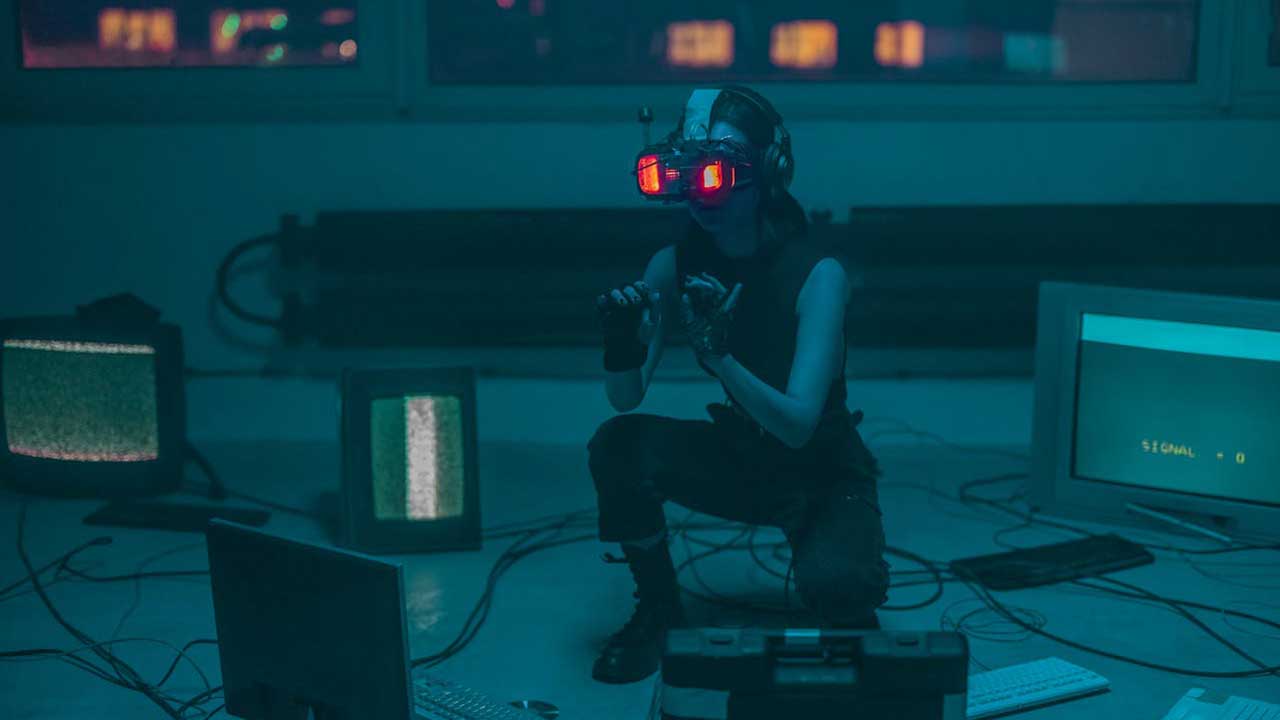
Despite the promising advancements, AI-directed game development presents challenges. Ensuring coherent and engaging narratives generated by AI remains a complex task. Additionally, there’s the risk of over-reliance on AI, potentially stifling human creativity and leading to homogenized gaming experiences.
Ethical considerations also come into play. The use of AI in games raises questions about data privacy, especially when AI models learn from player behavior. Developers must navigate these concerns carefully to maintain player trust and ensure responsible AI integration.
A Glimpse into the Future

The integration of AI into game development is still in its nascent stages, but the trajectory is clear. As AI models become more sophisticated, we can anticipate games that offer deeper immersion, personalized narratives, and dynamic worlds that evolve with the player. This shift not only enhances the gaming experience but also redefines the roles of developers and players alike.

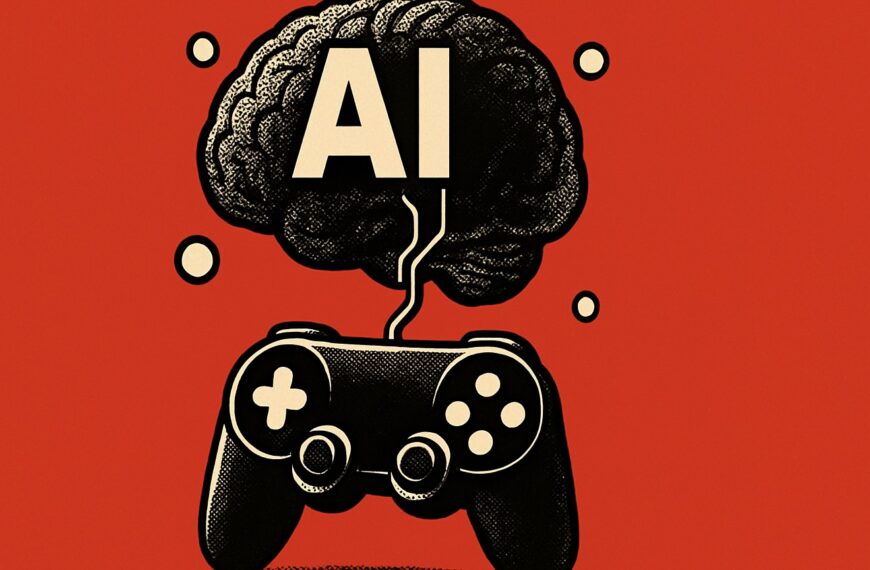
 By
By


